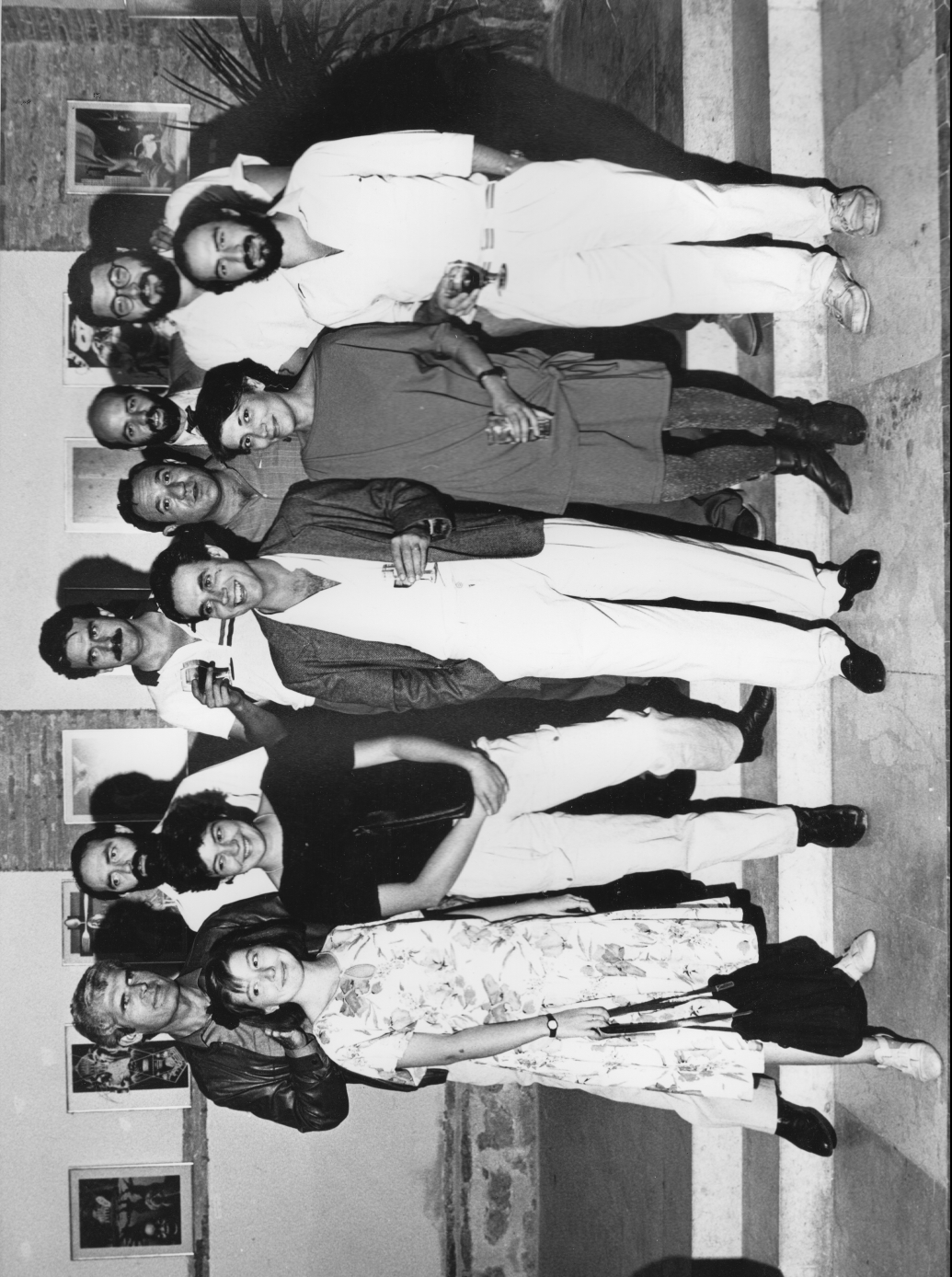
After its first and only year without an edition in 1979, the Alcalá de Henares Film Festival opens the decade by establishing the name by which it will be known from now on. The turbulent years of the Transition are reflected in highly politicized programming; In the previous edition, The Battle of Chile had already been screened, with the emotional presence of Salvador Allende's widow. The projections seek to get closer to where there is a citizen willing to see them and they expand through universities, neighborhood associations and unions. The films coexist with talks on hot topics such as freedom of expression or marginality, not exempt from conflicts, cancellation of spaces at the last minute by the authorities and even an eviction due to a bomb warning. On an artistic level, the festival celebrates directors such as Federico Fellini and Jacques Tati. A tribute to Luis Buñuel awakens the people of Alcala with the impressive drums of his native Calanda and names such as the TAU or Chiribito collectives, Cecilia Bartolomé, Mariano Barroso, Emma Cohen or Marisa Paredes appear in juries and awards. At the end of this stage, the festival abandons the 8 mm format, a declaration of intentions that serves as a symbolic closure to its initial stage focused on amateur cinema.
From the exhibition History of a Film Festival.
(Pedro Toro, 2021)
To learn more, consult the free access book "Historia(s) de un festival de Cine” (in Spanish).